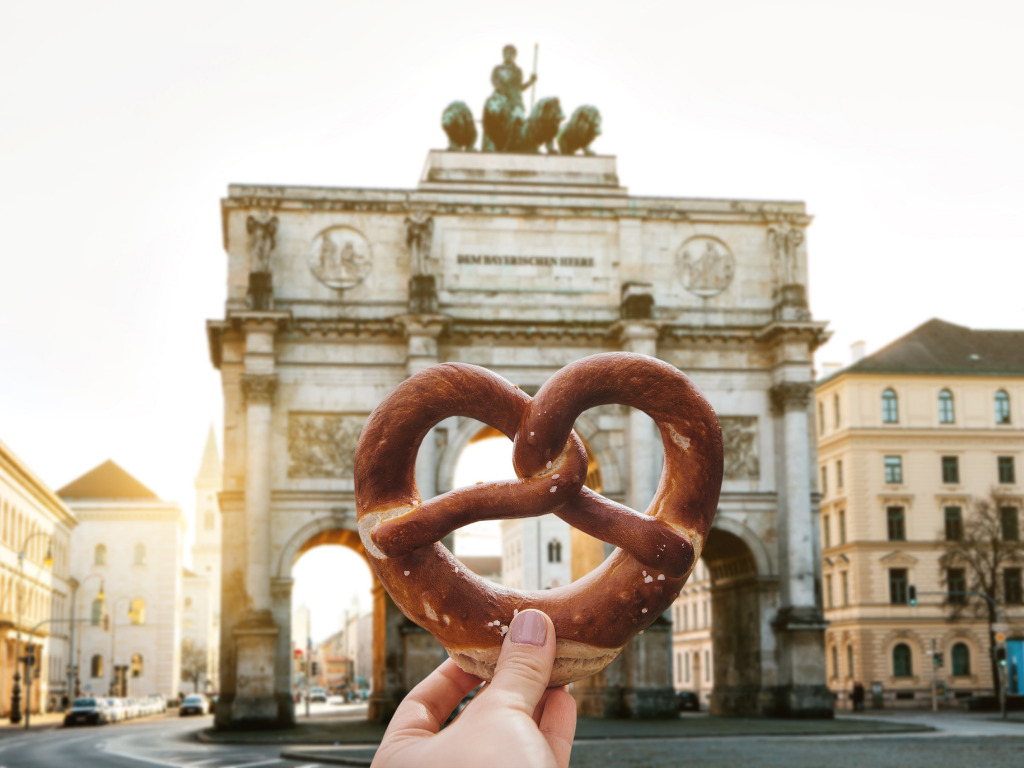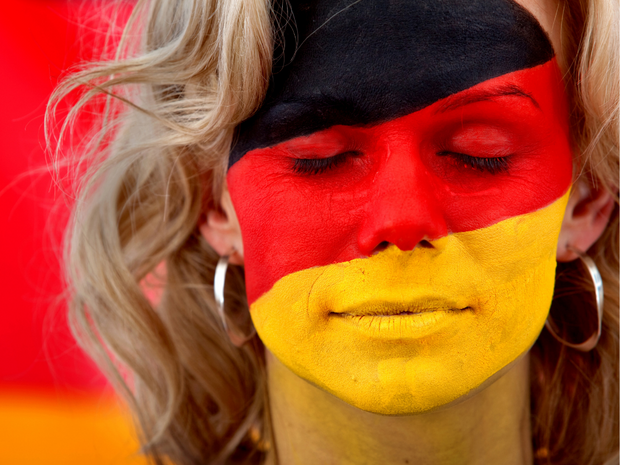Like every other language, English contains a wealth of words that at some point have been "borrowed" from other languages. Once these "loanwords" become incorporated into everyday vocabulary, people tend to forget that they actually began their lives as competely foreign words!
Take, for example, 'shampoo', which is Hindi for "massage", as part of a Turkish bath process. Or 'safari', which is the Arabic word for "travel". Sure, as a native speaker of English, you know the meaning of these words and understand them. But I'd bet good money you didn't know their actual translations until this point!
At Brainscape, we love those a-ha! moments when you discover something deeper about a word or thing you'd never considered before. So, in the spirit of discovery, we put together a list of 20 German words used in English and translated them for you.
[And if you're currently learning German and could use a powerful study tool to help you bank that vocab more efficiently, check out Brainscape's certified German flashcards, as well as the German flashcard collections other users have put together.]
1. Kindergarten
Kinder = children
Garten = garden
Garden for children.
2. Iceberg = Eisberg
Eis = ice
Berg = mountain
Mountain of ice.
3. Wunderkind
Wunder = wonder, miracle
Kind = child
Wonder child.
[Hey! Learning a foreign language? Check out 'The best way to learn a language online—your complete toolkit'.]
4. Angst
Angst = fear
5. Uber- = über
über = above, beyond
6. Zeitgeist
Zeit = time
Geist = spirit
Spirit of the time.
7. Doppelganger = Doppelgänger
Doppel = double
‘Gänger’ (not used in this form; derivated from the verb gehen = to go) = ‘walker’
Double walker.
8. Poltergeist
Poltern = to rumble
Geist = ghost or spirit
Rumbling ghost.
9. Bauhaus (architecture)
Bau = construction, building
or: imperative of bauen = to build
Haus = house
10. Blitzkrieg (military)
Blitz = lightning
Krieg = war
War of lightning.
[Check out this Academy guide: 'Reading is one of the BEST ways to learn a language'.]
11. Neanderthal = Neandertaler
Tal = valley (Thal is an old spelling)
Taler (not used in this form) = inhabitant of the valley
Neander(tal) is the proper name of a valley in Germany
Inhabitant of the valley of Neander.
12. (Apple) Strudel = (Apfel) Strudel
Strudel = swirl
13. Sauerkraut
Sauer = sour
Kraut = herb; cabbage
Sour cabbage.
14. Leitmotif = Leitmotiv (music)
Leiten (in imperative form) = to lead
Motiv = motive, theme
Leading motive.
15. Volkswagen
Volk = people, nation
Wagen = car, cart
Car for the people.
16. Gesundheit
Gesund = health
Heit = hood (as in "adulthood")
"Health", which you say to someone when they sneeze.
17. Schadenfreude
Schaden = damage
Freude = joy
Being joyful about the sufferings of others.
18. Katzenjammer (music)
Katze(n) = cat(s)
Jammer = sorrow, misery
The sorrow (moaning) of cats.
19. Zugzwang (chess)
Zug = move
Zwang = compulsion, pressure
To be forced to move (a bad situation in chess)
20. Gründerzeit (history)
Gründer = founder
Zeit = time
Time of the founder.
Learn German more effectively

Learning a language isn't just a rewarding way to connect with other people and another culture—it can also help you connect better with English (which sounds completely weird but, as you've now seen after learning these 20 words, isn't really).
To help you along in your language-learning journey, check out Brainscape's seminal guide to learning a language efficiently and don't forget to get our certified German flashcards in your corner!
You'll be fluent before you can say "Apfelstrudel".
